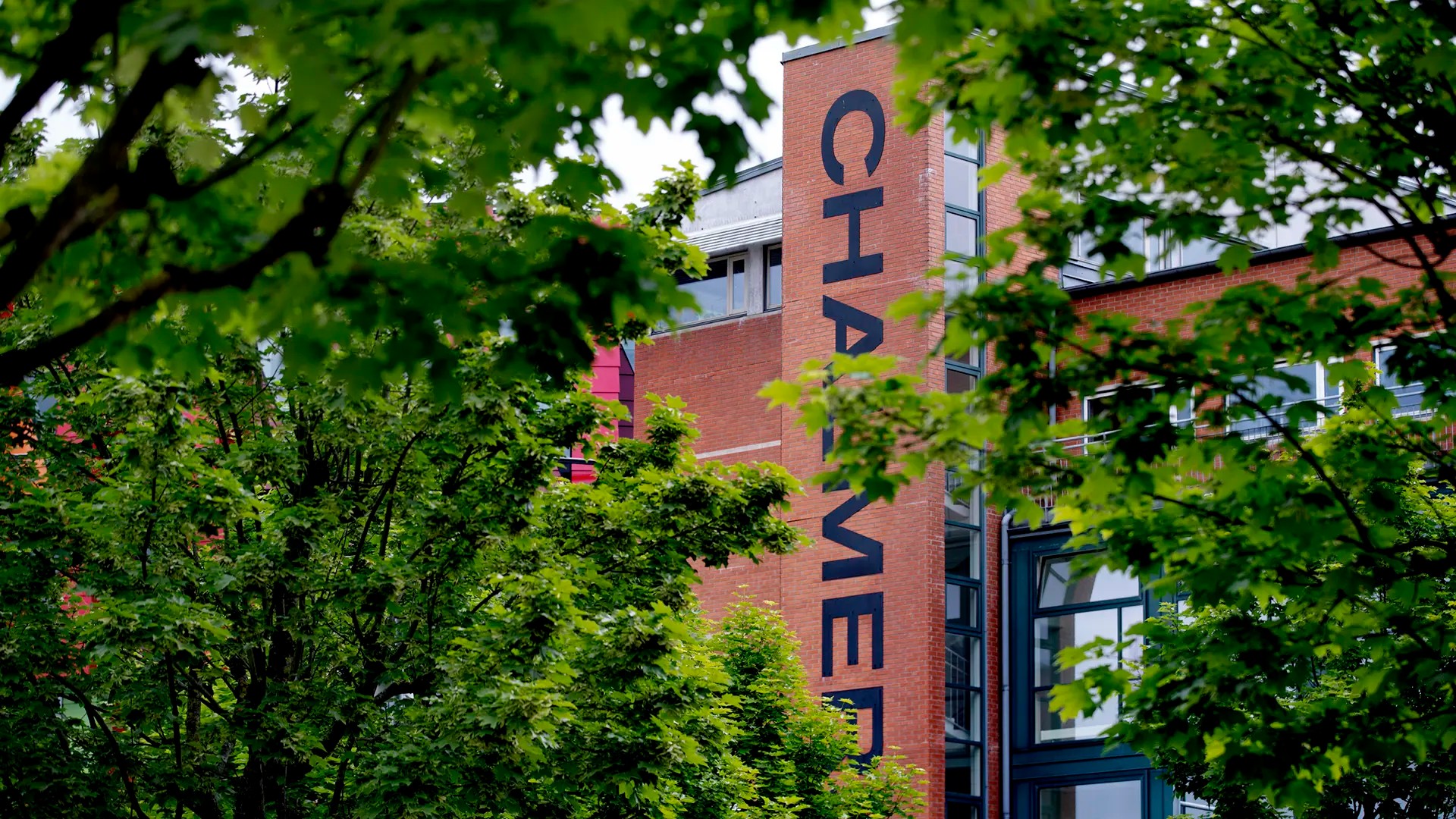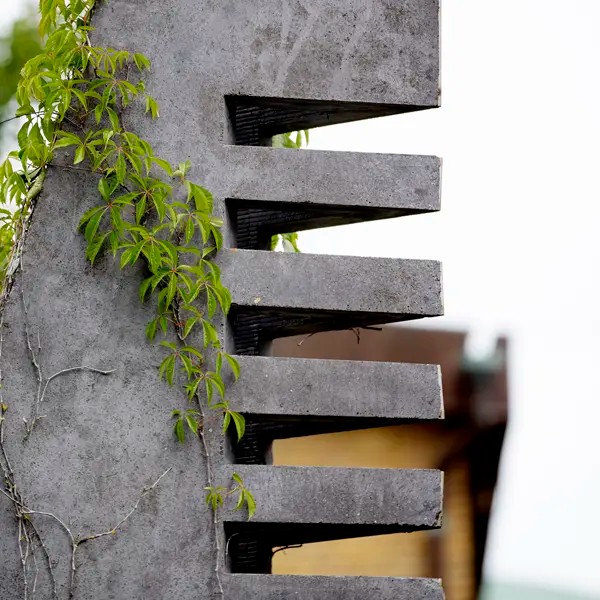
As a student, you must follow the rules of the university. This means, among other things, that cheating, or disrupting teaching or exams may lead to disciplinary action. Such a measure may be a warning or suspension. Suspicions are investigated by Chalmers’ Disciplinary Committee.
Behaviour and acts that may lead to disciplinary action
Disciplinary action may be taken against students who:
- mislead (cheating, plagiarism, illicit collaboration, etcetera)
- disrupt activities at Chalmers (for example teaching or examinations)
- harass other Chalmers students or employees
- contravene regulations or other rules that apply to students
The sanctions for the above offences are a warning or suspension for a set period which always includes an examination period. Suspensions are reported to CSN and may affect your study grant. In less serious cases, a warning may be issued. Whether or not you are convicted by the Disciplinary Committee, it is psychologically and emotionally stressful to be reported and investigated for alleged cheating.
What counts as cheating?
Examinations are used to assess your performance and the extent to which you have met the requirements stipulated in the course and programme syllabus. Cheating means trying to mislead in an examination or other assessment and make you guilty of breaching the rules. Chalmers takes all attempts to mislead very seriously.
It is enough that you have tried to cheat for it to lead to disciplinary action. This may involve you bringing cheat sheets, a prohibited calculator, a mobile phone or other prohibited equipment to an examination. You may be regarded as guilty even if you do not use the sheets or the mobile phone.
Another form of cheating is plagiarism. This means copying another person’s text, figures or images from various sources and using them as your own without citing them or stating the source. Instead, you must interpret the information you have found and express the knowledge you have acquired in your own words. You must show that you understand what you are writing. It is also cheating if someone other than you sits an examination. Another example of cheating is collaborating and communicating with someone on an individual assignment on which collaboration is not permitted. If you are uncertain of what applies to your examination in terms of permitted aids, ask your examiner.
Rules of Discipline
The Rules of Discipline for Students set out the behavior and acts that may lead to disciplinary action at Chalmers. If you are suspected of having committed an offence or if other wrongdoing has occurred, a report is submitted.
Chalmers’ Disciplinary Committee
Chalmers’ Disciplinary Committee consists of the Vice President of Education and Lifelong Learning, two legally qualified external members, two teacher representatives and two student representatives elected by the Student Union. The Committee meets once a month during the semesters. You will be offered support from Chalmers’ student support person (Student ombud) throughout the process.
Reporting disciplinary matters
Students, teachers and staff are responsible for reporting a substantiated suspicion of disciplinary misconduct covered by the Rules of Discipline to registrator@chalmers.se addressed to the President. You are entitled to finish writing an exam that is in progress, even if attempted cheating is suspected, for example if cheat sheets have been discovered. Written tests or assignments submitted for assessment should be attached to the report and not marked until the case has been adjudicated.
How will I know if I have been suspected of cheating?
If you have been reported for attempted deception, you will be informed in writing of the suspicion and allowed to comment in writing on the report. If the case goes to the Disciplinary Committee, you are able to provide verbal information to the Committee if you wish. You will be represented by a student support person but another support person will also be allowed to attend the Disciplinary Committee’s meeting.
What happens at a meeting of the Disciplinary Committee?
A meeting of the Disciplinary Committee begins with the case being presented. You then have the opportunity to comment and answer questions. You must leave the room while the Disciplinary Committee deliberates and makes a decision on the matter. When a decision has been made, you are called back in and informed of the decision. You may be acquitted, warned or suspended. You may appeal against the decision by the Disciplinary Committee to Chalmers University Board. Appeals must be made in writing to the Registrar, be addressed to the President and reach Chalmers no later than three weeks after the Committee’s decision was communicated to you.
More information on all the rules that apply to examinations:

Policy documents for education
For preparatory, first and second cycle education at Chalmers, there are several policy documents regulating how education is to be carried out and which rights and responsibilities students have at Chalmers.
What does suspension mean?
If you are convicted of a breach of the Rules of Discipline and are suspended, you may not participate in your studies during the period of suspension. This means, for example, that an examiner may not make adjustments because of a suspension, for example by assigning a lab group or handing out course material before the start of the course. An examiner must also not customise your examination because you have been suspended.
In addition, you will not have access to system support such as Ladok for students. However, you may study on your own, away from Chalmers’ premises and activities. The effect of the suspension must not affect your studies after the end of the suspension period, which means that you will be able, for example, to register for exams scheduled after the suspension period or make planned course choices. To do this during your suspension period, you must contact the Servicecenter.
Before and after the suspension period, you have the same rights and obligations as other students.